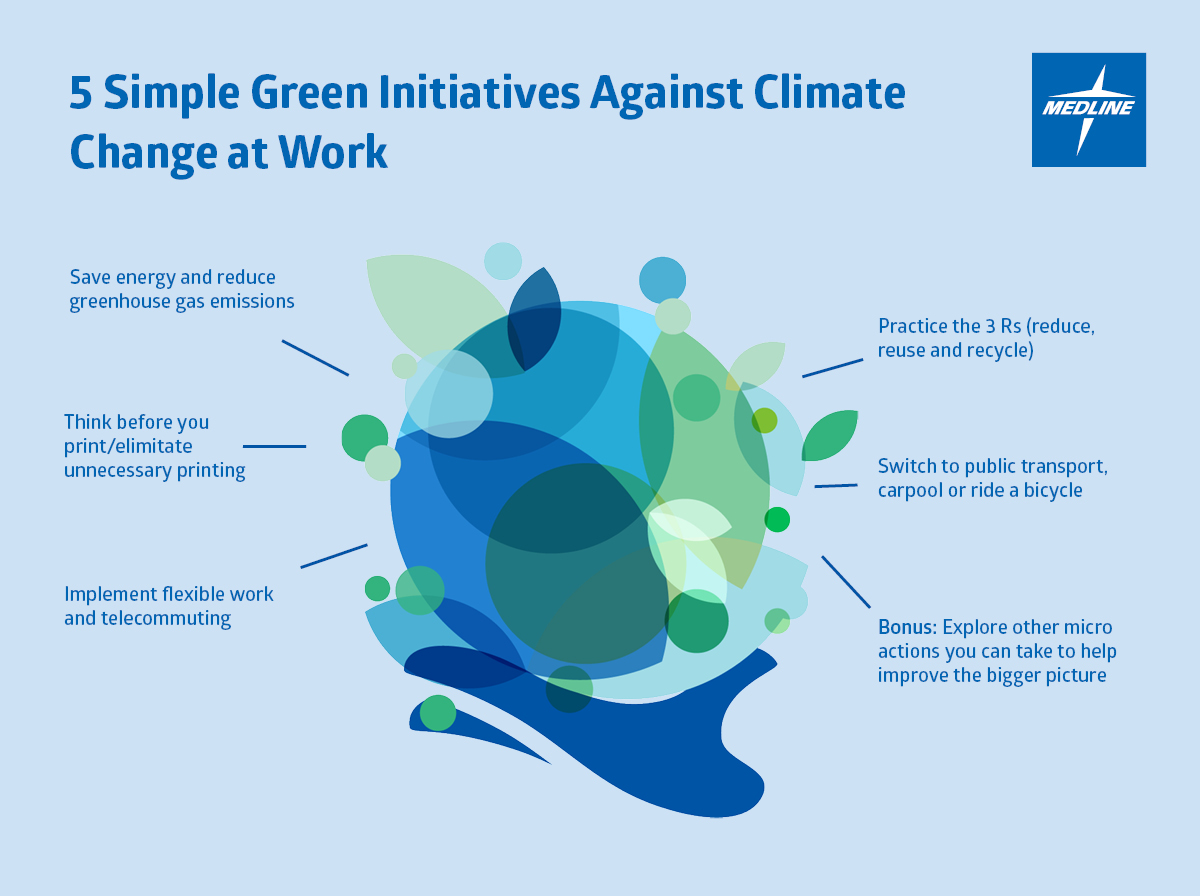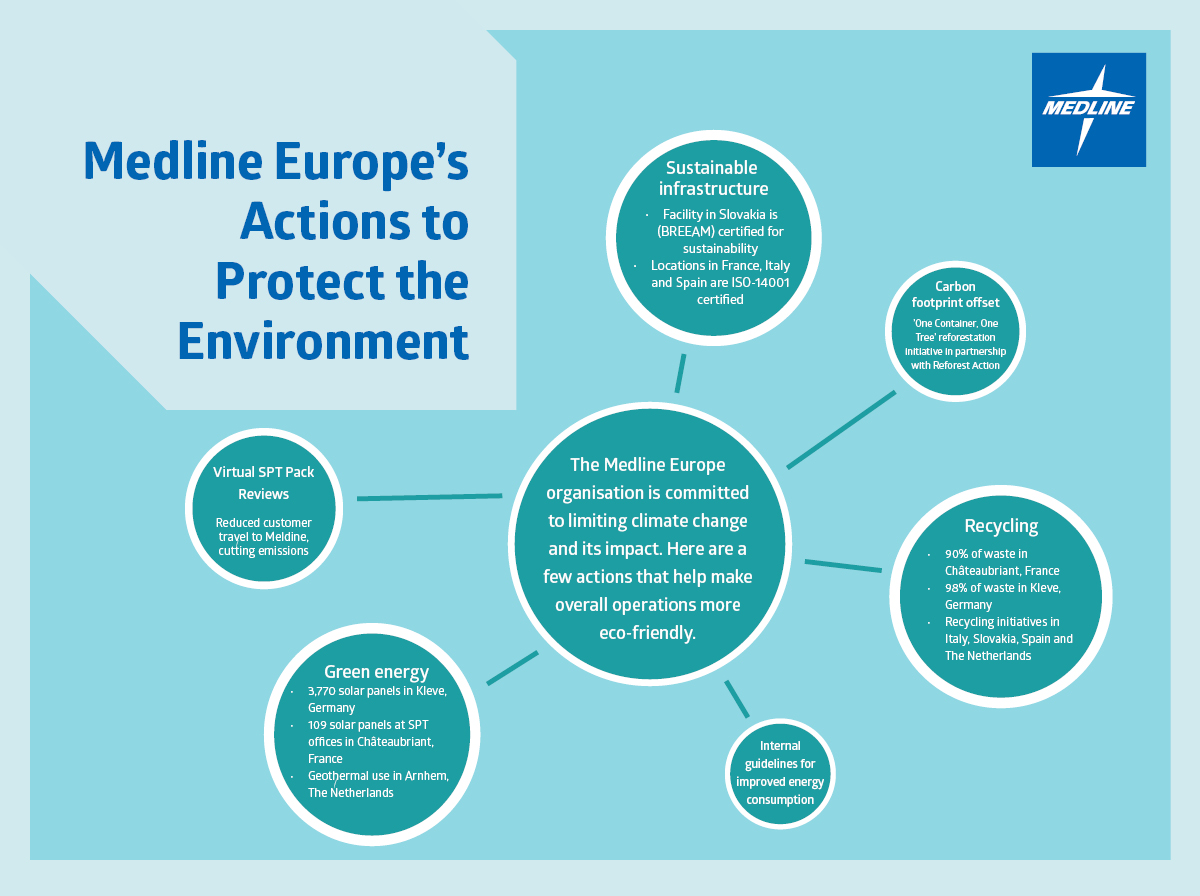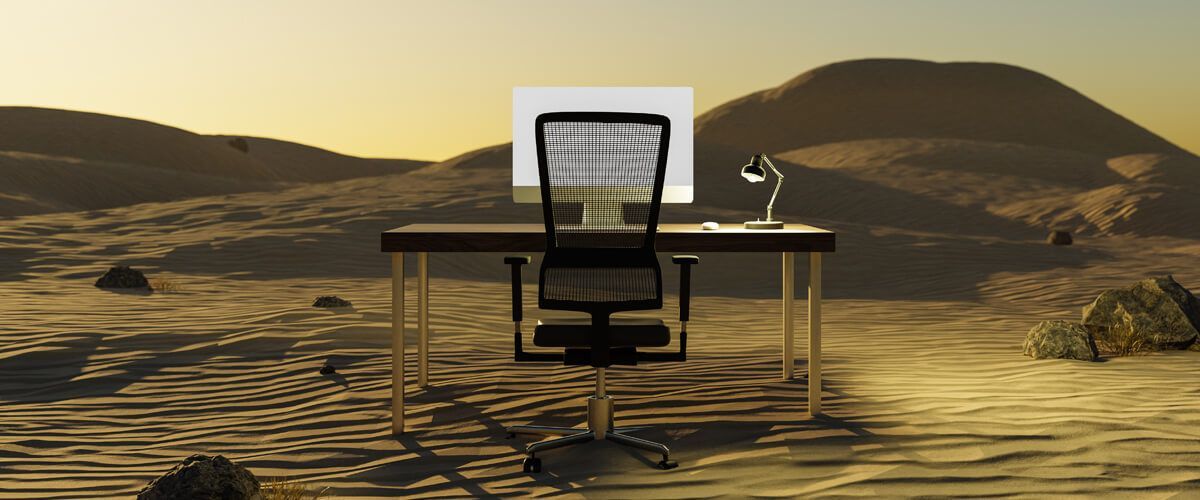According to the United Nations, climate change refers to long-term shifts in temperatures and weather patterns. Since the 1800s, human activities have been the main driver of climate change, primarily due to burning fossil fuels like coal, oil and gas.
This year, for the 53rd observance of Earth Day, the theme was ‘Invest in Our Planet’. This day and its assigned themes encourage every person to help mitigate and adapt to climate change and other environmental issues. This can be done from a variety of settings, including our homes and places of work.
How can we help address climate change in our working lives?
Here are five simple green initiatives that can make a difference.


1. Save energy and reduce greenhouse gas emissions
Turn off your computer, monitor, and other office equipment when you are not using them. You can also turn on the power management features on your computer and monitor, and turn off equipment and lights at the end of your workday. We must appeal to the individual responsibility of moderate consumption.
2. Practice the 3 Rs (reduce, reuse and recycle)
You can reduce the overconsumption of natural resources and enable solutions based on a circular economy. In the same way, you can find new ways to use things and give them a second life, and recycle materials. You have several things you can recycle at work or at home; food waste, carton boxes, glass, paper and even batteries. By practicing these three Rs, you will be helping a planet that is already overwhelmed with mismanaged and unnecessary waste.
3. Think before you print/eliminate unnecessary printing
Wasting paper does not make economic or environmental sense. We live in an increasingly digital environment, so take advantage of the resources it provides and use company-sanctioned online storage for your files. If you implement a good document management solution, you will reduce the use of photocopiers/printers, paper and electricity, and save on space.
4. Switch to public transport, carpool or ride a bicycle
Public transport generates less greenhouse gases than combined individual car use. In addition, you save a lot of money (and sometimes time) as you don’t need to search for a parking space. You can also use the carpooling system to go to work. It’s a recent ecological alternative and there are some applications to plan your trips. However, if you have the chance, walk or cycle and enjoy the physical and mental health benefits of doing that.
5. Implement flexible work and telecommuting
These are new ways of working that companies have established. They also offer great benefits when it comes to reducing the carbon footprint of companies. This is dependent on the condition that it reduces the number of people leaving home to go to the office, which also lowers demand for fossil fuels for transportation.
6. Bonus
Explore other micro actions you can take to help improve the bigger picture. There are so many other creative and meaningful ways that each of us can make a difference in our shared spaces.
Climate resilience and environmental action at Medline
The Medline Europe organisation, its offices and staff are committed to limiting climate change and overall environmental impacts. Here are a few examples of initiatives that have been implemented to make operations more eco-friendly.


Limiting the effects of climate change is vital to keeping our planet safe, that is, investing in it. Let’s educate future generations and ourselves. What can you do within your workday to help our planet?


Paula Dalmau
Communications Coordinator Sales and Marketing, Medline Iberia
Paula is a passionate Spanish writer based in Madrid. Her interests are well-being, emotional intelligence and business topics. Her educational background is in journalism, advertising, public relations and digital marketing. Learn more on LinkedIn.


Yohan Lee
English Copy Editor and Copy Writer, Medline Europe
Yohan is a Jamaican expat based in the Netherlands. Writing is ‘One Love’ that he explores through general business copywriting, poetry and music. His educational background is in journalism, gender and development, and media and globalisation. Learn more on LinkedIn.

